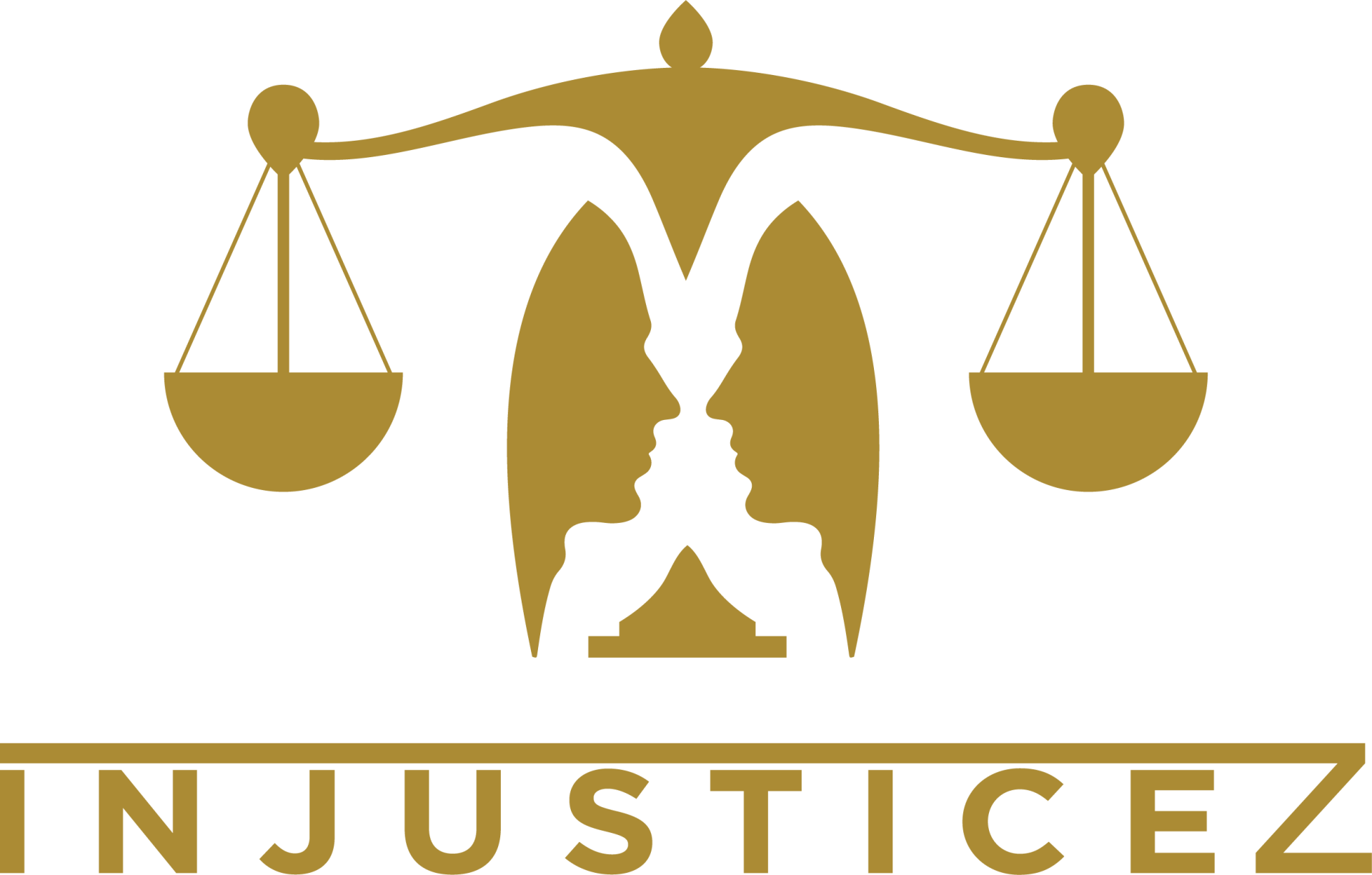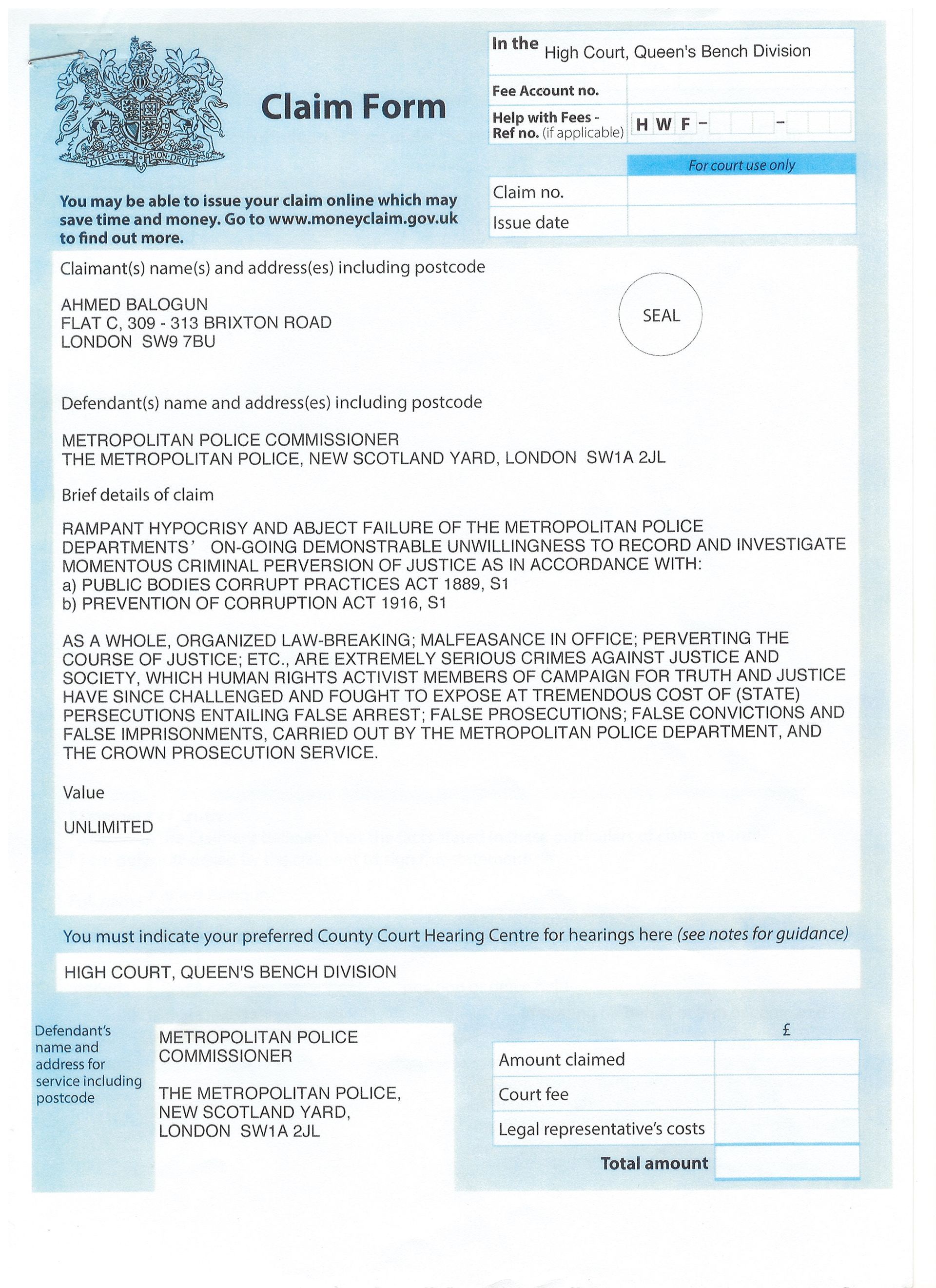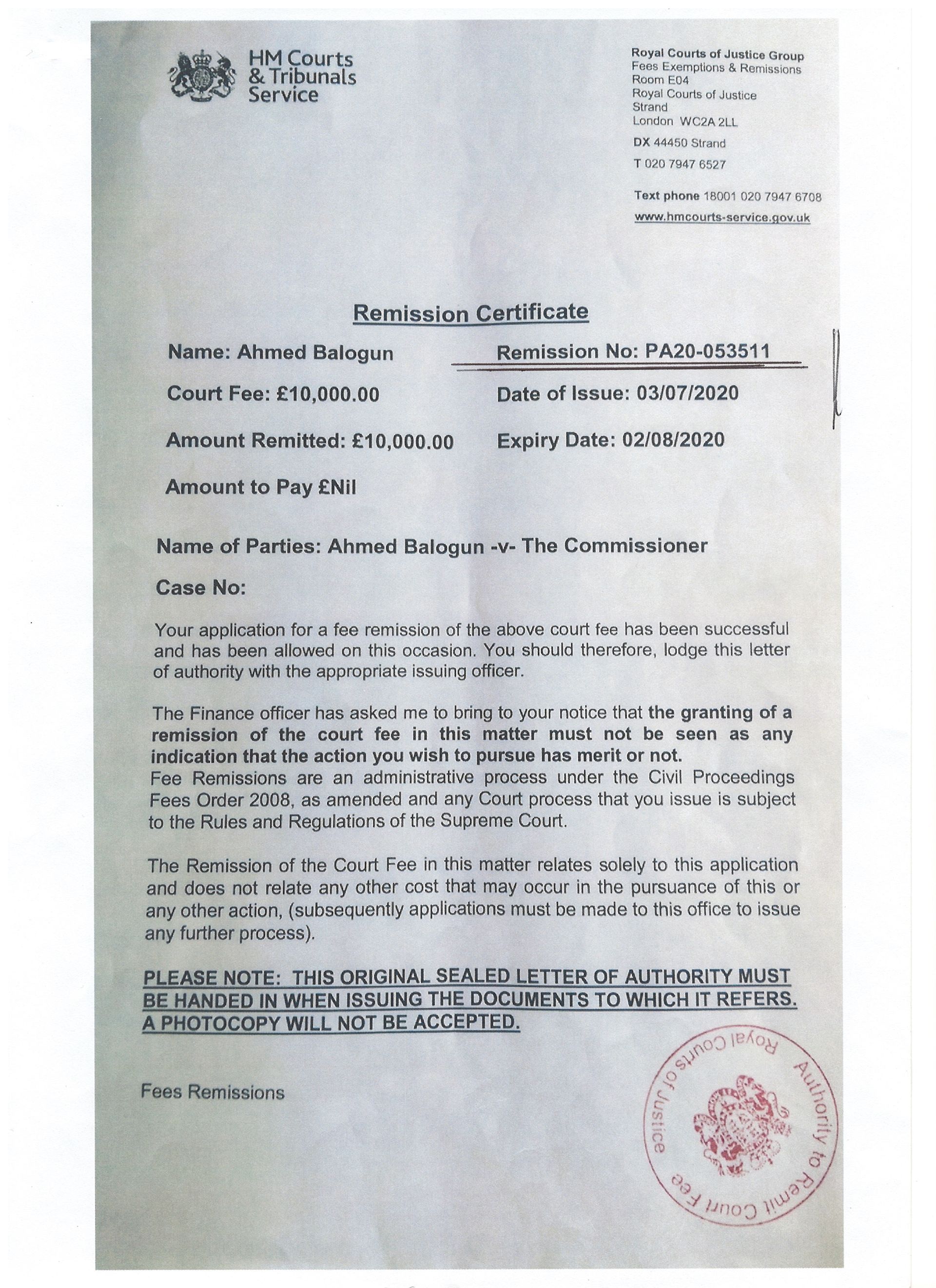Prima Facie Facts of Case 2
New Paragraph
An Outline of the Relevant Laws:
Public Bodies Corrupt Practices Act 1889
(1) Every person who shall by himself or by or in conjunction with any other person, corruptly solicit or receive, or agree to receive, for himself, or for any other person, any gift, loan, fee, reward, or advantage whatever as an inducement to, or reward for, or otherwise on account of any member, officer, or servant of a public body as in this Act defined, doing or forbearing to do anything in respect of any matter or transaction whatsoever, actual or proposed, in which the said public body is concerned, shall be guilty of a misdemeanour.
(2) Every person who shall by himself or by or in conjunction with any other person corruptly give, promise, or offer any gift, loan, fee, reward, or advantage whatsoever to any person, whether for the benefit of that person or of another person, as an inducement to or reward for or otherwise on account of any member, officer, or servant of any public body as in this Act defined, doing or forbearing to do anything in respect of any matter or transaction whatsoever, actual or proposed, in which such public body as aforesaid is concerned, shall be guilty of a misdemeanour.
Perverting the Course of Justice
Perversion of the course of justice refers to any act that interferes with the administration and proper functioning of justice. This can involve a wide range of activities aimed at obstructing or misleading legal processes and authorities.
Years of Complaints and Persistent Demands that the Metropolitan Police Department RECORD and INVESTIGATE Judicial Criminal Perversion of JUSTICE
The remnants of yesteryears prevailing wall of Institutional Racism as amply described and found to be existing within the Metropolitan Police Department, by the Macpherson Report, (February 1999) provide possible explanations why the Department refused to see Justice Toulson’s Criminal Perversion of Justice complaints as a Crime that it had a DUTY to RECORD and INVESTIGATE.
Other possible explanation was that the Metropolitan Police Department failed to act, in order to hide its own complicit participation in what was a most audacious and ELABORATE SERIOUS CRIMINAL PERVERSION OF JUSTICE accusation imaginable, that it found itself embroiled in, (WITTINGLY/UNWITTINGLY) as it undoubtedly executed an UNLAWFUL WARRANT secured outside the framework of law, which in turn, led to consequent consecutive FALSE ARREST and unlawful IMPRISONMENTS.
Most particularly, in my role as Secretary of Campaign for truth and Justice, I wrote in complain to each successive Metropolitan Police Commissioners, (Mark Rowley; Dame Cressida Dick; Sir Bernard Hogan-Howe; Sir Paul Stephenson; Sir Ian Blair; Sir John Stevens; Sir Paul Condon)
These were specifically with regards to the CRIMINAL CONDUCTS of the Judiciary as complained of since 1998 and most particularly required that the METROPOLITAN POLICE DEPARTMENT RECORD and INVESTIGATE CRIMINAL COMPLAINTS against Justice Toulson; Alan Toulson; Reynolds Porter Chamberlain; Bindman and Partners; including the Lord Chancellor’s Department’s Head of Division 5 (Malcolm Watts) as provisioned for under:
PUBLIC BODIES CORRUPT PRACTICES ACT 1889
PREVENTION OF CORRUPTION ACT 1906
PREVENTION OF CORRUPTION ACT 1916
Unfortunately the Metropolitan Police Department and all its Commissioners, (Mark Rowley; Cressida Dick, Bernard Hogan-Howe, Paul Stephenson, Ian Blair, John Stevens and Paul Condon) petitioned on the matter, ignored all request in abject failure of responsibility and duty of their office to RECORD and INVESTIGATE without fear or favour, SERIOUS JUDICIAL CRIMINAL ACTS and PERVERSION TO THE DUE COURSE OF JUSTICE, as in accordance with the law
Legal Duty of the Metropolitan Police Department to Record and Investigate Judicial Corruption Complaint under Public Bodies Corrupt Practices Act 1889
The Public Bodies Corrupt Practices Act 1889 was enacted to address and deter corrupt practices within public bodies. The Act defines corruption as the offering, giving, receiving, or soliciting of any advantage as an inducement or reward for performing or abstaining from performing any act in relation to one's official duties. The Act applies to various public officials, including members of the judiciary, and establishes penalties for engaging in corrupt practices.
1. Recording Complaints
One of the primary legal duties of the MPD under the PBCPA is to record complaints of corruption. This duty involves:
- Receiving Complaints: The MPD must establish and maintain channels through which complaints of judicial corruption can be reported. This can include hotlines, online reporting systems, and walk-in facilities.
- Documenting Complaints: Upon receiving a complaint, the MPD is required to document all relevant details, including the nature of the allegation, the individuals involved, and any evidence provided by the complainant.
- Confidentiality: The MPD must ensure that the identity of the complainant and the details of the complaint are kept confidential to protect against retaliation and to encourage the reporting of corruption.
2. Investigating Complaints
After recording a complaint, the MPD has a legal duty to conduct a thorough investigation. This duty involves:
- Preliminary Assessment: The MPD must conduct a preliminary assessment to determine the credibility and seriousness of the complaint. This may involve reviewing initial evidence and interviewing the complainant.
- Gathering Evidence: If the complaint is deemed credible, the MPD must gather further evidence. This can include interviewing witnesses, reviewing financial records, and conducting surveillance.
- Collaboration with Other Agencies: The MPD may need to collaborate with other law enforcement agencies, regulatory bodies, and judicial oversight organisations to gather evidence and conduct a comprehensive investigation.
- Due Process: Throughout the investigation, the MPD must ensure that due process is followed, respecting the rights of the accused and maintaining the integrity of the investigation.
3. Prosecution and Legal Proceedings
Upon completing an investigation, the MPD has a duty to pursue legal action if sufficient evidence of corruption is found. This involves:
- Building a Case: The MPD must compile all evidence into a coherent case file, detailing the findings of the investigation and the basis for prosecution.
- Coordination with Prosecutors: The MPD must work closely with the Crown Prosecution Service (CPS) to ensure that the case is prosecuted effectively. This involves providing evidence, preparing witnesses, and supporting the legal strategy.
- Court Proceedings: During court proceedings, the MPD must continue to provide support, including testifying as witnesses and presenting evidence in court.
Consequences of the Metropolitan Police Department's Failure to Record and Investigate Judicial Criminal Perversion of Justice Complaint under the Public Bodies Corrupt Practices Act 1889
The Public Bodies Corrupt Practices Act 1889 (PBCPA) mandates the Metropolitan Police Department (MPD) to record and investigate complaints of corruption, including judicial perversion of justice. Failure to fulfill these duties can have severe consequences, undermining the justice system and public confidence in it.
Erosion of Public Trust
One of the most significant consequences of the MPD's failure to record and investigate such complaints is the erosion of public trust. The public relies on law enforcement to act as a check against corruption and to ensure that justice is fairly administered. When the MPD neglects its duty, it fosters a perception of impunity and corruption within the judicial system, leading to a loss of faith in the entire legal framework.
Impunity and Increased Corruption
Failing to address allegations of judicial corruption creates an environment of impunity, where corrupt officials feel protected and emboldened. This can lead to an increase in corrupt activities as the deterrent effect of potential investigation and prosecution is diminished. Over time, this can permeate the entire public sector, compromising the integrity of various public institutions.
Denial of Justice
When allegations of judicial corruption are not investigated, victims of such corruption are denied justice. This can result in wrongful convictions, unfair trials, and the perpetuation of legal outcomes based on bribery or favouritism rather than evidence and fairness. The fundamental principle of justice that every individual is entitled to a fair trial is compromised.
Legal and Ethical Repercussions
The MPD's failure to act on such complaints can lead to legal and ethical repercussions for the department itself. This includes potential lawsuits, loss of credibility, and increased scrutiny from oversight bodies. Officers who neglect their duties may face disciplinary actions, and the department as a whole may suffer reputational damage that is difficult to repair.
Undermining the Rule of Law
At its core, the rule of law depends on the principle that no one is above the law, including members of the judiciary. When the MPD fails to investigate judicial corruption, it undermines this principle, weakening the foundation of the legal system. This can lead to a breakdown in the social contract, where citizens no longer see the law as a fair and impartial arbiter of justice.
Perpetuation of Corruption
Failure to address judicial corruption due to institutional bias allows corrupt practices to continue unchecked. This perpetuates a cycle of corruption within the judiciary and other public institutions, further compromising the integrity of the legal system and governance as a whole.
Challenges Investigating Judicial Corruption Poses for the Metropolitan Police Department When Recording and Investigating Judicial Corruption Complaints
The Metropolitan Police Department (MPD) plays a critical role in upholding the integrity of the judicial system under the Public Bodies Corrupt Practices Act 1889 (PBCPA). However, the process of recording and investigating complaints of judicial criminal perversion of justice presents significant challenges. These challenges can hinder the effectiveness of the MPD in addressing judicial corruption and maintaining public trust in the legal system.
Complexity of Judicial Corruption Cases
Judicial corruption cases are inherently complex. They often involve sophisticated methods of concealment, intricate financial transactions, and the manipulation of legal processes. Unraveling these complexities requires specialised knowledge and expertise, making it difficult for the MPD to gather conclusive evidence and build a strong case.
Institutional Resistance and Lack of Cooperation
Investigating members of the judiciary can lead to institutional resistance. There may be reluctance or outright obstruction from within the judiciary or other public bodies, complicating the MPD's efforts. Lack of cooperation from key stakeholders can impede access to crucial information and witnesses, significantly hampering the investigation process.
Resource Constraints
Investigating judicial corruption demands substantial resources, including specialised personnel, financial allocations, and time. The MPD often faces resource constraints that limit its capacity to conduct thorough and extensive investigations. Balancing these investigations with other policing responsibilities can stretch the department's resources thin.
Legal and Procedural Hurdles
Navigating the legal and procedural landscape when investigating judicial corruption can be challenging. Ensuring due process, respecting the rights of the accused, and adhering to legal standards requires meticulous attention to detail. Any missteps in this process can lead to the dismissal of cases or legal repercussions for the MPD.
Public and Media Scrutiny
High-profile cases involving judicial corruption attract significant public and media attention. The MPD must manage this scrutiny while maintaining the integrity of the investigation. Balancing transparency with the need for confidentiality can be delicate, and any perceived lack of progress or fairness can erode public trust.
Institutional Bias and Prejudice in the Metropolitan Police Department: A Barrier to Law Enforcement
The enforcement of laws by the Metropolitan Police Department (MPD) is essential for maintaining public trust and ensuring justice. However, failures in law enforcement are not always due to resource constraints or the complexity of cases. Institutional bias and prejudice within the MPD can significantly undermine its ability to enforce the law effectively, particularly in cases involving judicial corruption and other sensitive issues.
Understanding Institutional Bias and Prejudice
Institutional bias refers to systemic patterns and practices within an organisation that produce discriminatory outcomes, even if no individual member harbours explicit prejudice. Prejudice, on the other hand, involves preconceived opinions or attitudes that are not based on reason or experience. Within the MPD, these biases and prejudices can manifest in several ways, impacting the department’s ability to uphold the law impartially.
Selective Investigation and Prosecution
Institutional bias can lead to selective investigation and prosecution of cases. The MPD may prioritise cases based on the social, economic, or political status of individuals involved, rather than the severity of the alleged crime. This selective approach undermines the principle of equal justice under the law and allows certain individuals or groups to evade accountability.
Lack of Action on Judicial Corruption
When it comes to judicial corruption, institutional bias can result in a reluctance to investigate and prosecute members of the judiciary. This bias may stem from a perception of the judiciary as a privileged and untouchable institution, leading to a failure to hold judges accountable for corrupt practices. Such inaction perpetuates a culture of impunity and erodes public trust in both the judiciary and law enforcement.
Discriminatory Practices
Prejudice within the MPD can also lead to discriminatory practices, where certain communities or individuals are disproportionately targeted or neglected. This can result in unequal enforcement of laws, where some groups face harsher scrutiny and penalties while others are afforded leniency. Such practices contribute to social inequality and mistrust in law enforcement.
The Case for Nonfeasance Against the Metropolitan Police Department
The Metropolitan Police Department's failure to record and investigate a judicial criminal perversion of justice complaint under the Public Bodies Corrupt Practices Act 1889 can indeed justify a case for nonfeasance. To explain this, we'll break down the legal obligations and implications.
Legal Obligations Under the Public Bodies Corrupt Practices Act 1889
The Public Bodies Corrupt Practices Act 1889 is designed to combat corruption within public offices. Under this act, it is an offense for any public official to engage in corrupt practices. The Metropolitan Police Department, as a public body, has a legal duty to investigate allegations of corruption, including those involving judicial criminal perversion of justice. This includes:
- Recording the Complaint: The Metropolitan Police Department is obligated to formally record any complaints alleging criminal perversion of justice.
- Investigating the Complaint: Once recorded, the MPD must conduct a thorough investigation to determine the validity of the allegations.
Elements of Nonfeasance
To establish a case for nonfeasance, the following elements must be proven:
- Existence of a Legal Duty: The Metropolitan Police Department has a statutory duty under the Public Bodies Corrupt Practices Act 1889 to record and investigate complaints of corruption.
- Failure to Act: It must be demonstrated that the Metropolitan Police Department failed to record or investigate the complaint.
- Causation: The failure to act must be shown to directly lead to harm or injustice.
- Harm or Damages: There must be tangible harm or injustice suffered as a result of the Metropolitan Police Department's inaction.
Justification for a Nonfeasance Case
The justification for a nonfeasance case against the Metropolitan Police Department in this scenario includes several critical points:
- Legal Accountability: The Metropolitan Police Department's failure to act breaches its legal obligations, undermining the rule of law and public confidence in law enforcement.
- Deterrence of Corruption: Failure to investigate corruption complaints allows corrupt practices to continue unchecked, potentially leading to further injustice and erosion of public trust.
- Protection of Public Interest: Investigating allegations of judicial perversion of justice is crucial to ensure that justice is served and that public officials are held accountable for corrupt practices.
Thus the Metropolitan Police Department 's failure to record and investigate a complaint of judicial criminal perversion of justice under the Public Bodies Corrupt Practices Act 1889 constitutes nonfeasance because it neglects a legal duty, directly leading to harm or potential injustice.
Establishing a case for nonfeasance involves demonstrating this failure and the resulting harm, emphasising the need for accountability and adherence to legal obligations to protect public interest and maintain the integrity of the justice system.
The Scenario
Persistent and UNRELENTING complaint were raised with the Metropolitan Police Department, specifically alleging that Justice Toulson in collusion with his blood brother Alan Toulson and his Law Firm (Reynolds Potter Chamberlain) Interest had engaged in corrupt practices that pervert the course of justice. The complaint detailed specific incidents and provides evidence supporting the allegations.
However the Metropolitan Police Department REFUSED to record or investigate the complaint. As a consequence the complainants and other members of public suffered harm because the corrupt practices continued unchecked with wrongful convictions and other judicial injustices.
The Case for Negligence Against the Metropolitan Police Department
Equally, the Metropolitan Police Department's failure to record and investigate a judicial criminal perversion of justice complaint under the Public Bodies Corrupt Practices Act 1889 constitutes negligence, because it breaches the legal duty of care owed to the public.
This breach can directly cause harm, justifying legal action to ensure accountability and prevent further harm. Establishing a negligence case involves demonstrating the MPD's duty, breach, causation, and resulting damages, emphasising the need for adherence to legal obligations to protect public interest and maintain trust in the justice system.
Understanding Negligence
Negligence involves a failure to take proper care in doing something, leading to damage or injury to another. In a legal context, negligence requires demonstrating the following elements:
- Duty of Care: The defendant owed a legal duty of care to the plaintiff.
- Breach of Duty: The defendant breached that duty by failing to act as a reasonable person would under similar circumstances.
- Causation: The breach of duty caused harm to the plaintiff.
- Damages: The plaintiff suffered actual harm or damages as a result of the breach.
Legal Obligations Under the Public Bodies Corrupt Practices Act 1889
Under the Public Bodies Corrupt Practices Act 1889, the MPD has a statutory duty to:
- Record Complaints: Formally record any complaints alleging criminal perversion of justice.
- Investigate Complaints: Conduct a thorough investigation into the allegations.
Applying the Elements of Negligence to the MPD's Failures
1. Duty of Care:
The MPD has a statutory duty to record and investigate complaints of corruption, including judicial criminal perversion of justice. This duty is established by law to protect the public and ensure accountability within public bodies.
2. Breach of Duty:
By failing to record and investigate a legitimate complaint under the Public Bodies Corrupt Practices Act 1889, the MPD breaches its duty. A reasonable police department, acting in accordance with its legal obligations, would take such complaints seriously, record them, and conduct an investigation.
3. Causation:
The breach of duty by the MPD directly leads to harm. For example, the failure to investigate could allow corrupt practices to continue, resulting in further judicial injustices, wrongful convictions, or other harm to individuals relying on the integrity of the justice system.
4. Damages:
The damages in this context can include psychological distress, financial loss, or other harm suffered by individuals affected by the continuation of corrupt practices. This could also encompass broader societal harm due to the erosion of trust in public institutions and the justice system.
Justifying a Case for Negligence
The justification for a negligence case against the MPD based on its failure to record and investigate a judicial criminal perversion of justice complaint includes several key points:
1. Legal Duty and Accountability:
The MPD has a clear legal duty to act on complaints of corruption under the Public Bodies Corrupt Practices Act 1889. Failing to fulfil this duty breaches the standard of care required by law.
2. Protection of Public Interest:
Negligence by the MPD in handling such complaints undermines public trust in the police and the justice system. Ensuring accountability and proper procedures is vital for protecting public interest and maintaining the integrity of public bodies.
3. Preventing Further Harm:
Addressing and rectifying negligence by the MPD can prevent further harm by ensuring that corrupt practices are investigated and dealt with appropriately. This helps to prevent wrongful convictions and other judicial injustices.



